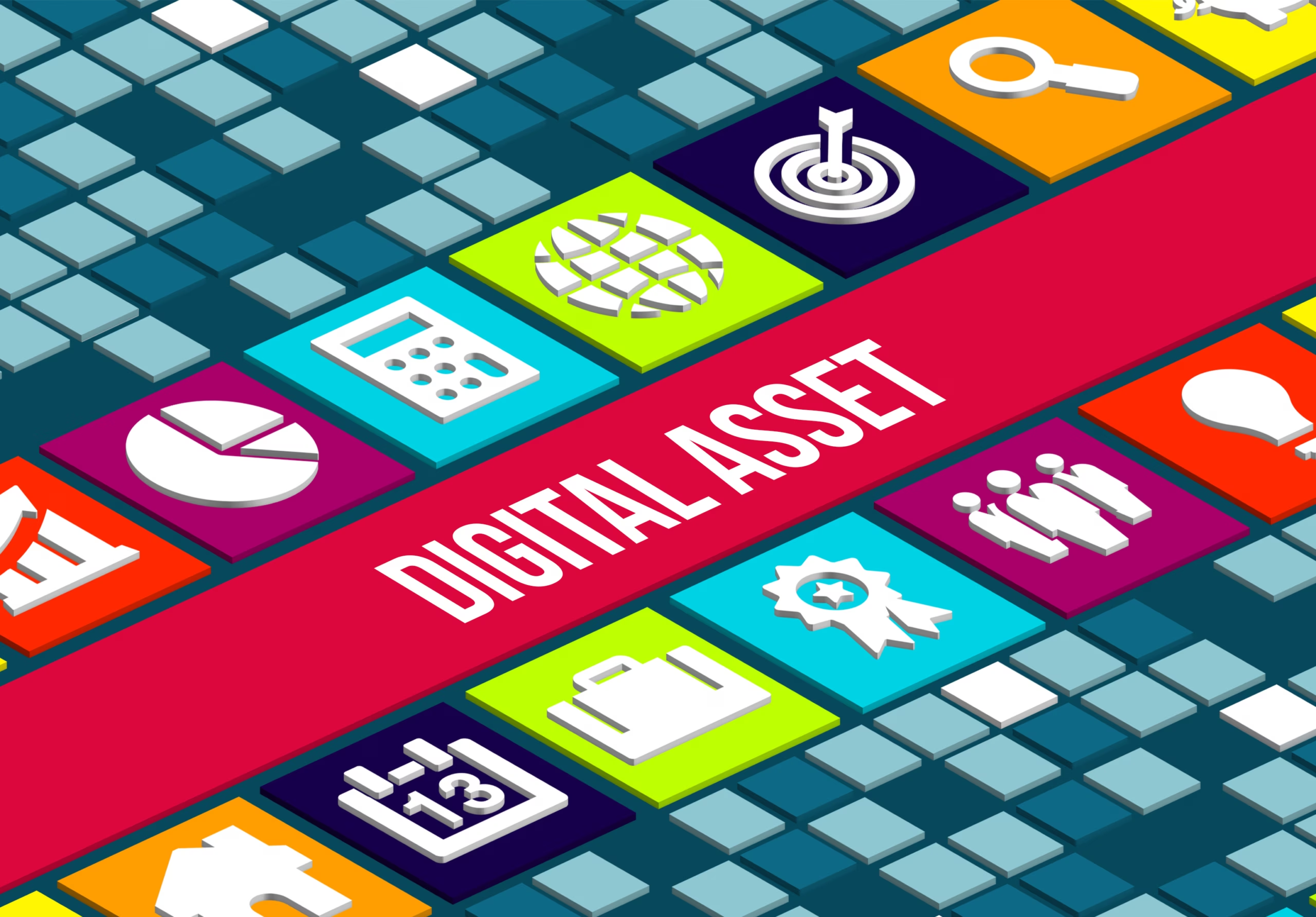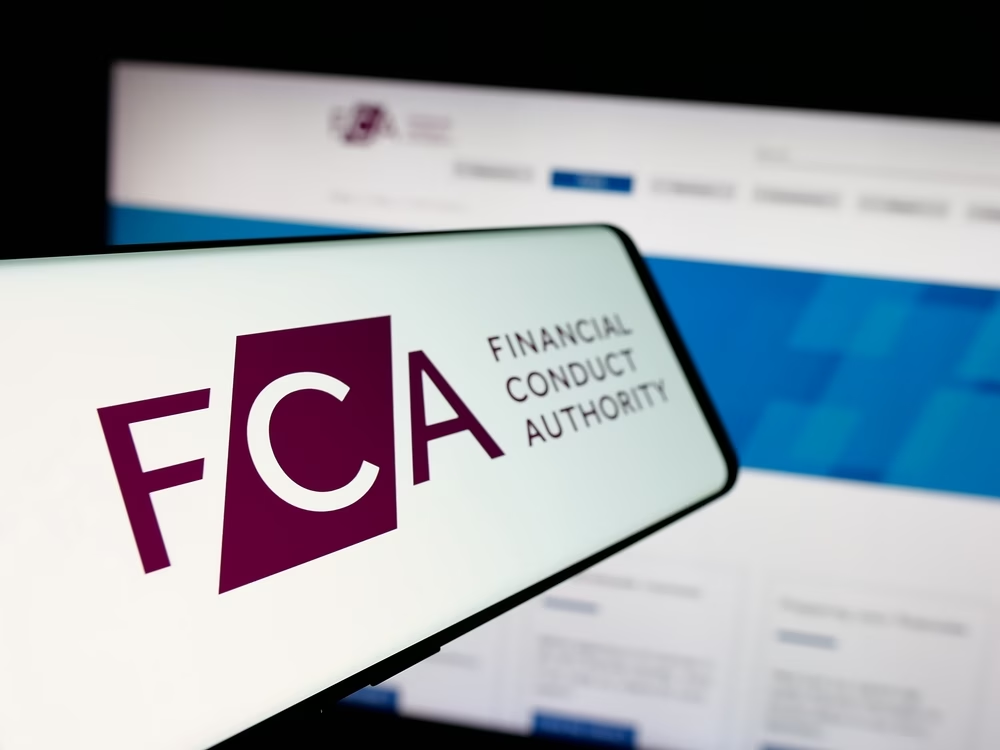
Much has been said and written about fintech and blockchain over the past few years, and its influence continues to be felt in all corners of the finance sector. Its adoption has brought disruption to the traditional methods of doing business set by large financial institutions’ when engaging with investors, businesses and consumers.
This is also true of Islamic financial organisations that are capitalising on its potential, while still ensuring their products remain Sharia-compliant. While Islamic fintech is still in its early days, the market was worth an impressive $49 billion in 2020 in the Organization for Islamic Cooperation, which accounts for 57 member states in Africa, Asia, Europe and the Americas. Seen in a broader context, this only accounts for 0.72% of the global fintech market, and with a potential audience of almost two billion Muslims across the world, there is huge scope for growth.
By 2026, the fintech market is projected to reach a value over $320 billion. This is due to the tech innovation through decentralisation (deFI), DLT and blockchain but also via IoT, the metaverse and AI.
Sharia-compliant solutions
Islamic fintech companies are now able to introduce Sharia-compliant blockchain facilitators that can be used to support financial transactions.
When blockchain technology is used in addition to existing Islamic financial applications it can avoid any conflicts with Sharia law, as it is not classed as a service or product, but as a piece of technology. However, there are some areas of concern regarding the use of blockchain linked to haram activities.
Therefore, proper checks and due diligence need to be undertaken to review the output of transactions to ensure they remain fully Sharia-compliant throughout the blockchain ledger system. The review process is already in place for Islamic fintech companies via traditional avenues.
A growing need for Islamic blockchain – consumer remittance payments
There is a growing demand for Islamic fintech in some Central Asian countries, with a growth in remittance payments. For example, inbound remittance payments in Pakistan totalled $31.2 billion in 2021/22, which was an increase of 6.1% on the previous year. In countries such as Tajikistan, inbound remittance payments accounted for as much as 26.69% of GDP.
For countries that depend heavily on cross-border remittance payments, blockchain could potentially offer a wealth of benefits.
Due to its characteristics blockchain remittance removes multiple intermediaries that participate in cross-border money transfers. It lowers transfer fees and commissions and is also a faster option where a transfer from one person to another in different countries is with its recipient in minutes. Another major advantage is that blockchain remittance is accessible via a mobile app or ATM.
Islamic transactions
Blockchain is synonymous with the values of openness, efficiency, and security. All monetary systems, along with Islamic finance, can benefit from following those three principles. Fintech companies will encourage this innovation by inspecting ways to integrate Islamic and decentralised finance to offer products and services which are Sharia-compliant.
For example, Takaful, a co-operative system of reimbursement or repayment which is an alternative to conventional insurance, could use blockchain to process claims quickly and accurately. Another example is Waqf, the donation of a fixed asset under Islamic law to produce a financial return, could benefit from the transparency delivered through distributed ledger technologies.
How Saracens can help you
As a leading legal firm with extensive knowledge of blockchain and cryptocurrency, we can support you in connecting with the right technical team, developing alternative remittance payment processes that are Sharia-compliant and assist with any due diligence required to ensure blockchain transactions and their final output comply. The regulatory framework in this area is relatively nascent and assurance that processes and transactions comply with the current framework is integral.
Whether you are a business or a private individual, we offer relevant support and advice based on the project and what you want to achieve. Our bespoke services are based on your specific circumstances and we only ever act in the best interest of our clients. Call our commercial team on 020 3588 3500 to discuss more.
Table of content
Recent Posts
Cryptoasset Tax Changes From January 2026
The world of cryptoassets is in a constant state [...]
UK Housing Market – 2025 Update
Buying your first home in the UK is not a [...]
Can You Put Digital Assets In A Trust? – How To Protect Your Digital Estate
In an era where our lives are increasingly played out [...]








